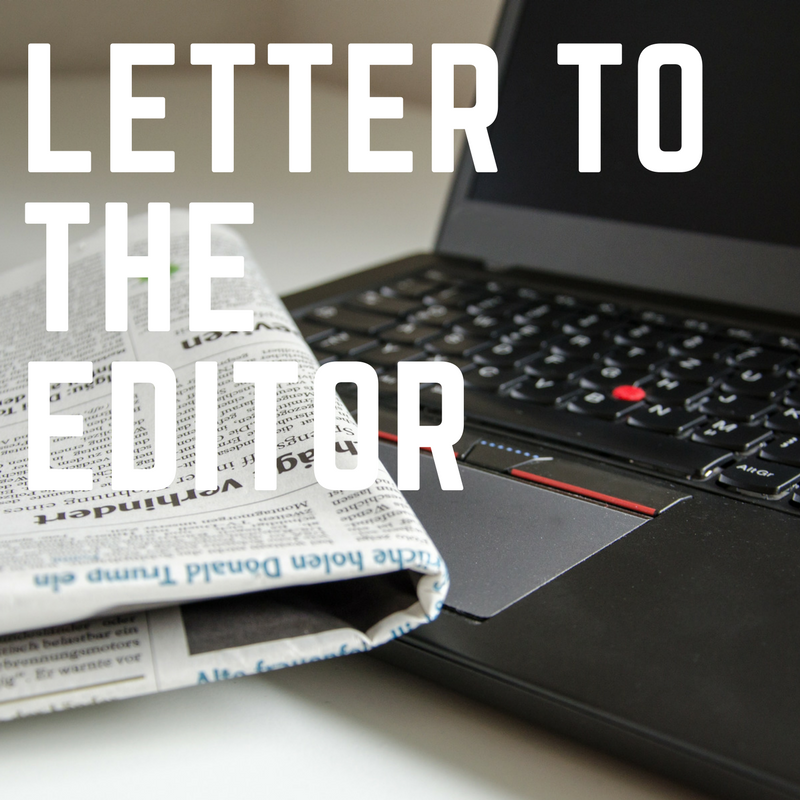RE: Six Impossible Things Before Breakfast
Graduation rates and course grades for underserved student populations (Black, Latinx, Native Hawaiian and Pacific Islanders, and American Indian students) in STEM majors (Science, Technology, Engineering, and Math) at CSUN are considerably lower than for better-served populations (White and Asian American students), a difference that educators refer to as the “opportunity gap”. In the Feb. 22 issue of The Sundial, Dr. Kristy Michaud, Director of the Office of Student Success Innovations and Professor of Political Science, noted that there is no simple fix for this problem, but that a major part of the solution requires dismantling institutionalized racism and bias in STEM. In the Mar. 29 issue of The Sundial, Dr. Jerry Stinner, Dean of the College of Science and Math, criticized Dr. Michaud’s comments and argued that opportunity gaps do not exist because of faculty bias or racism.
Dean Stinner’s remarks are unfortunate, to say the least. They are also dangerous. When a Dean at a Hispanic-Serving Institution suggests that racism does not exist or is not relevant, it dismisses the experiences of our students that encounter racism regularly. Such comments also communicate to faculty that no change is needed and that the problem belongs to somebody else. Though dismantling racism is a complex issue that requires a multifaceted response, Dean Stinner’s argument that our faculty are already committed to student success, regardless of race, provides a teachable moment.
For decades, but especially since the election of President Obama, many have insisted that we now live in a post-racial America, where racism is no longer a factor. Dean Stinner seems to claim the same for STEM at CSUN. However, the last two years in this country have demonstrated quite effectively that we do not live in a post-racial world. Though dismantling racism requires combating highly visible problems, such as white nationalists, NeoNazis, and the current political administration, the racism that our students experience on a daily basis comes in many forms of microaggressions: “You’re so articulate for a Latina”, or “Where are you from? No, where are you really from?”, or “I don’t see color when I look at you”. It is an equally insidious microaggression for a Dean to assume that we do not need to think critically and compassionately about how we deal with race in the classroom. These microaggressions occur every day, on every campus, by every type of person, and have a huge effect on student success.
Academics, many of whom lean to the left politically, will often convince themselves that they are not racist, ignoring the fact that everybody has conscious and unconscious biases. Such biases are impossible to avoid. From a young age, we have all been instilled with biases based on race, gender, sexuality, and many other things that affect how we view others. It’s only our acknowledgment of those biases and how we respond to them that will begin to dismantle racism, misogyny, and queerphobia in our campus community. A few years ago, professor Melanie Domenech Rodriguez at Utah State University gave a TedTalk on making amends after committing a microaggression. We can all learn from our mistakes.
As the brilliant scholar Audre Lorde famously wrote, “The master’s tools will never dismantle the master’s house.” If we want to dismantle racism and injustice at CSUN, we cannot rely on the master’s tools–in this case, the abdication of responsibility, especially on the part of white folks, to think critically about race, to be anti-racist, and to acknowledge our own biases. The knee-jerk defensiveness of those in power only helps to maintain the opportunity gap and sustains the same problematic systems that have consolidated power and education in the hands of the few. The practice of deflecting responsibility will not help us end the racism and injustice that is our responsibility to dismantle.
CSUN faculty who have participated in professional development experiences aimed at dismantling racism, reducing opportunity gaps, and increasing student success have taken important steps toward student success and reducing opportunity gaps. But we still have a long way to go. Faculty needs to continue to have sometimes difficult and uncomfortable conversations about race, gender, sexuality, disability, class, and a whole host of other aspects of our biases. Both faculty and students need to call out microaggressions when they happen. CSUN must continue to support efforts aimed at identity-conscious pedagogy and curriculum, and strive to understand where we fall short of that.
What is not needed are administrators who dismiss or ignore a critical ongoing problem. At CSUN, we cannot ignore our biases or pretend they don’t exist. Rather than pretending we’re woke, we should be confronting our own biases, thinking about how we react to them, and talking about our concerns openly. To all CSUN students: the faculty, more than anything, want you to succeed! Tell us how we can help. To the faculty and staff: listen to students’ concerns. Be aware of your biases and don’t be defensive when students call you out. To the administrators: continue to support your faculty, but not at a cost to the students. We all can benefit from looking at our conscious and unconscious biases and this will in turn help make CSUN a more enlightened and understanding environment in which students can find success.
Casey terHorst
Assistant Professor, Biology
Gabriela Chavira
Professor, Psychology
Marcy De Veaux
Associate Professor, Journalism
William Garrow
Assistant Professor, Deaf Studies
Mary-Pat Stein
Professor, Biology












